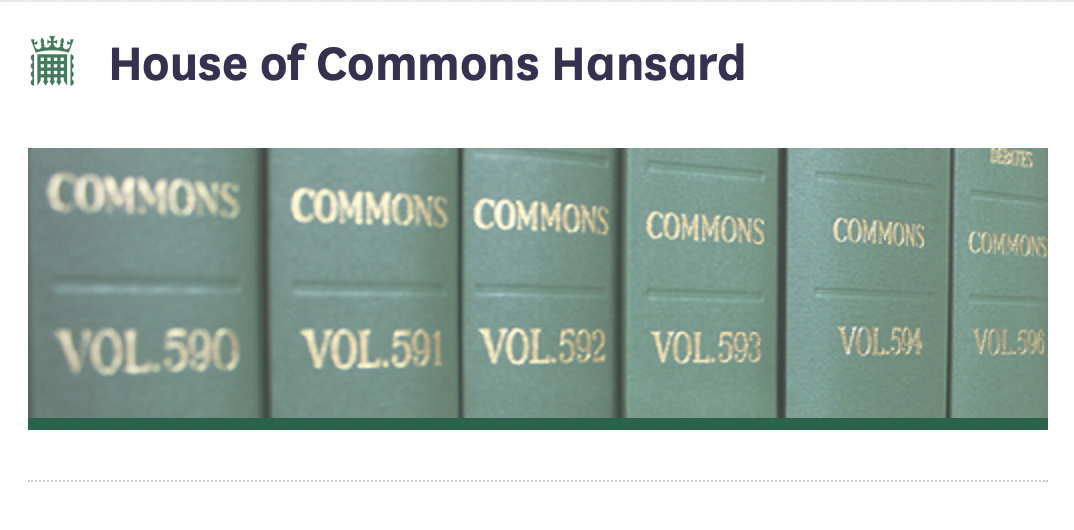Mr John Whittingdale (Maldon) (Con): My right hon. Friend will be aware that my Committee—the Culture, Media and Sport Committee—has perhaps tested the boundaries of Select Committee powers more than most. The situation seems unsatisfactory in two areas. First, when we served warrants on Rupert and James Murdoch and Rebekah Brooks to appear before the Committee, it was not at all clear what the consequences would be had they failed to respond to that summons. Secondly, when we reported to this House that we believed we had been lied to by people who had given evidence to the Committee, it was, and remains, extremely unclear what the consequences of that are.
Sir Alan Beith: That is certainly true and I think it is one of the issues that will have to be examined by the Joint Committee, which is about to embark on this work. The problems are difficult to solve and affect only a few inquiries. They certainly affected the work of my hon. Friend’s Committee, which was notably successful in getting some potentially unwilling witnesses to appear before it. I congratulate him on what the Committee achieved.
It should be stressed that, for the vast majority of the time, Committees deal with willing witnesses who are very happy to come and be examined by us, even if, sometimes, they are critically examined. Most of the time, we are gaining information from willing witnesses. I will come in a moment to what happens when we deal with Government. So far as all other bodies and persons are concerned, the instances in which a draconian power might be required are very few. My hon. Friend is right that such powers as the House has in this area are not very easy to use, and we will have to further consider that issue.
